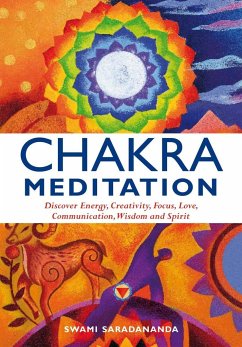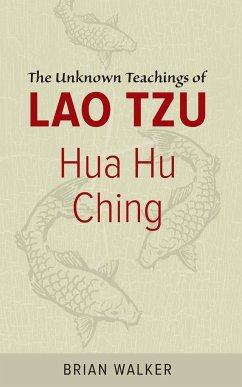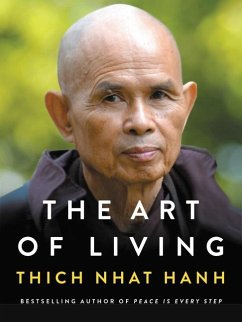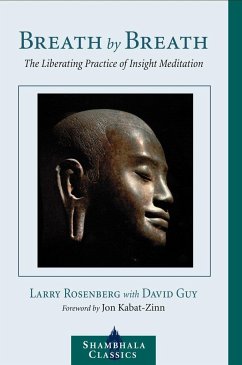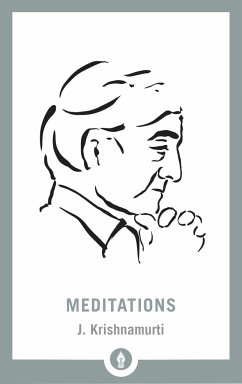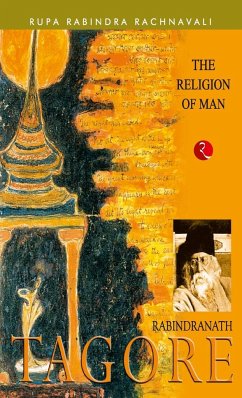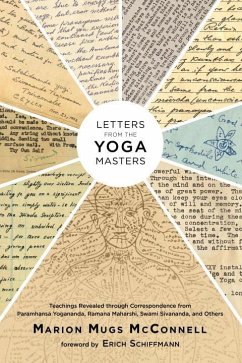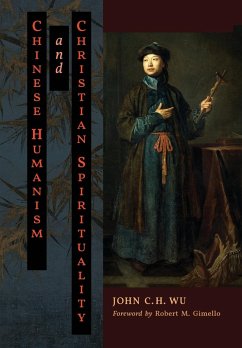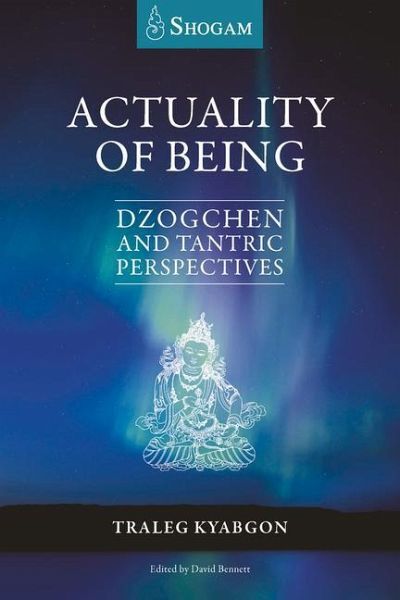
Actuality of Being
Dzogchen and Tantric Perspectives

PAYBACK Punkte
9 °P sammeln!
Unlock the Heart Essence of Dzogchen with Traleg Kyabgon RinpocheExplore the profound depths of Dzogchen and Mahamudra with this insightful guide by Traleg Kyabgon Rinpoche. Compiled from a series of retreats, this book elaborates on key aspects of Dzogchen practice, offering a clear path to self-realization and authentic being. Perfect for those seeking to deepen their understanding of Tibetan Buddhism and advanced meditation techniques.Discover the view, meditation, and action of Dzogchen, and learn how to overcome mental confusion and suffering. This book delves into the notions of self-exi...
Unlock the Heart Essence of Dzogchen with Traleg Kyabgon RinpocheExplore the profound depths of Dzogchen and Mahamudra with this insightful guide by Traleg Kyabgon Rinpoche. Compiled from a series of retreats, this book elaborates on key aspects of Dzogchen practice, offering a clear path to self-realization and authentic being. Perfect for those seeking to deepen their understanding of Tibetan Buddhism and advanced meditation techniques.Discover the view, meditation, and action of Dzogchen, and learn how to overcome mental confusion and suffering. This book delves into the notions of self-existing wisdom, primordial purity, and non-conceptuality, providing profound practice methods to deepen your experience. * Gain clarity on the four levels of mind and the three ways of resting the mind. * Understand the three aspects of energy and the authentication of body, speech, and mind. * Actualize the ground of your being and embark on a transformative spiritual journey. Experience the wisdom and compassion of Traleg Kyabgon Rinpoche and unlock the heart essence of Dzogchen.




